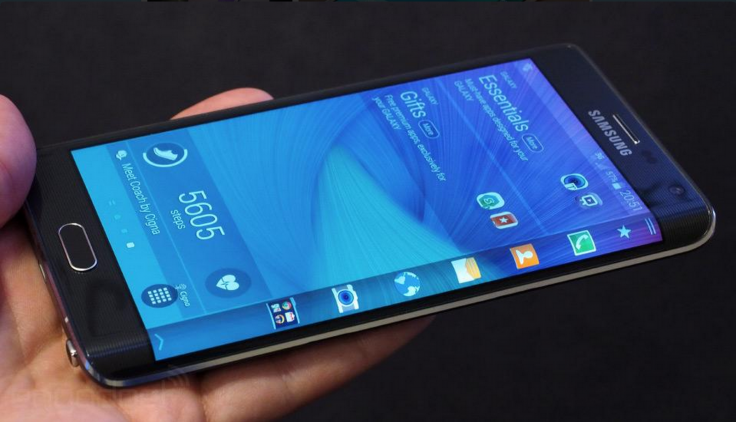Samsung Profit Warning Shows It Is Being Squeezed Out of the Smartphone Market

Samsung was very recently the behemoth which dominated the smartphone market to such an extent that it was the only manufacturer of Android smartphones which was making any real money from the enterprise.
However, increased competition on all sides - along with dropping average selling prices (ASPs) and huge marketing overheads - have led the company to post a warning to investors ahead of its third quarter financial results that operating profits could be down by more than 50%.
Samsung said operating profits in the three months to the end of September likely dropped 57.8% compared to the same period in 2013, to between 3.9 trillion won (£2.2 billion) and 4.3tn won (£2.5 bn).
So what has happened, why is the world's biggest-selling smartphone manufacturer struggling so much?
Samsung derives 60% of its profits from selling mobile phones, yet in the last 12 months it has seen sales growth slow significantly as if faces competition from all sides. This has been reflected in the company's share price, which has fallen 15% in value since the beginning of the year.
The problem is that competition at both ends of the market has increased, and is offering customers better options.
Chinese power
At the low end of the market, where Samsung offers dozens of devices at all price points and with a variety of screen sizes, it is being challenged aggressively by low-cost devices from a series of Chinese manufacturers like Xiaomi, Huawei and Lenovo.
In China, one of the most important markets in the world, it was recently supplanted as the number one smartphone brand by Xiaomi, a three year-old upstart which styles itself as the Apple of the east.
At the high-end, Samsung has failed to generate the type of critical plaudits and customer loyalty which are a hallmark of Apple's iPhones.
A year ago Apple was seen as struggling in the smartphone market, as its smaller iPhones were seen as anachronistic as the trend for bigger and bigger smartphones increased.
The launch of the iPhone 6 and iPhone 6 Plus has directly addressed that issue, and with opening weekend sales of 10 million units, it looks like Apple is back as the dominant force at the high end of the market.
This means Samsung is being squeezed out on both sides. The company's 2014 flagship smartphones, the Galaxy S5, Galaxy Alpha and Galaxy Note 4 smartphones have all received tepid critical reaction and sales of the Galaxy S5, which launched at the beginning of the year, have been disappointing.
Samsung said on Tuesday that it was "preparing new smartphone lineups featuring new materials and innovative designs". But it is too late?
The company has seen average selling prices drop significantly as it looks to bolster flagging sales, but whether or not it will be able to reverse that trend in the future is uncertain.
The graph produced by analyst Benedict Evans highlights a worrying trend for Samsung's mobile phone revenue, and one the company will be very eager to reverse.
Samsing's handset revenue is forming an uncomfortable trend. Squeezed from above & below even before iPhone 6/6 Plus pic.twitter.com/npOE9PS83U
— Benedict Evans (@BenedictEvans) October 7, 2014Samsung has spent a lot to try and promote its brand and its smartphones. Indeed the company as a while is burdened by the weight of a crippling marketing budget of over $10bn (£6.2bn).
Yet, despite spending this frankly huge amount of money, Samsung it seems has been unable to persuade enough people to buy their smartphones.
© Copyright IBTimes 2025. All rights reserved.






















